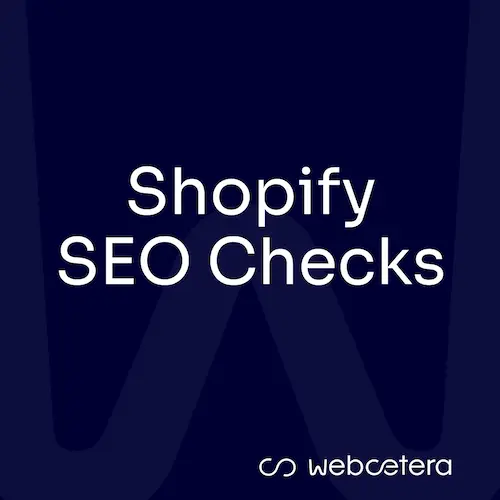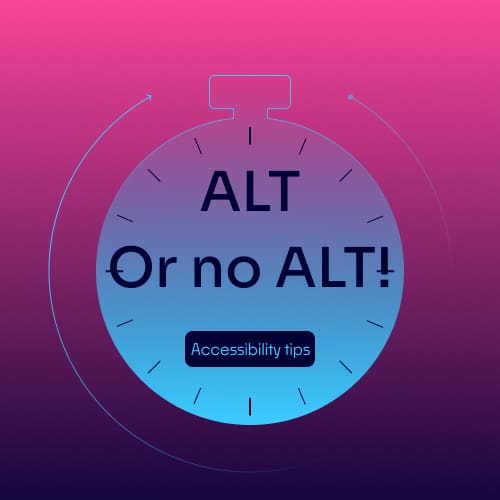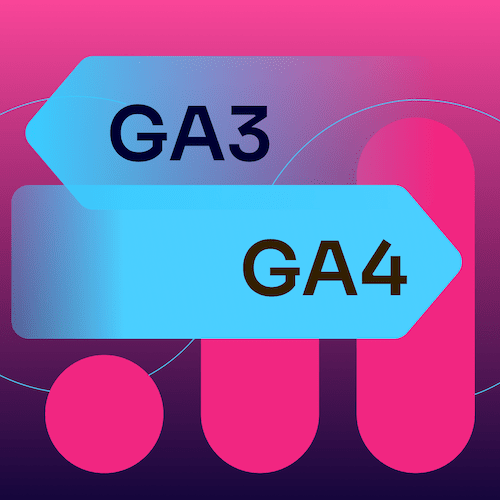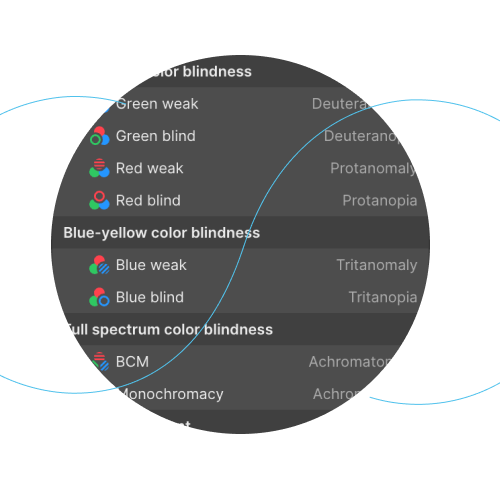SSL (Secure Sockets Layer) is an essential protocol that is an important part of ensuring users can safely browse websites.
A certification that ensures sensitive data remains safe, SSL is a cryptographic protocol that has been available for over 20 years, but only in recent times has it been truly recognised as a necessity.
Everyday, the internet is getting bigger. Within the space of 23 months, there has been a 4.4 global percent increase. Many people’s livelihoods now belong online and with increasing users, it is our job to make sure we keep people safe. This is where SSL comes in.
Why is SSL important?
First and foremost, SSL ensures that data from both a website and your computer/browser (such as billing addresses and passwords) is encrypted. Only authorised systems and people can view these details, therefore stopping the misuse of your data by any attackers that might try to intercept your data as it passes over the internet.
SSL certificates encrypt login details, signups, addresses, payment and other personal details.
What does SSL protect?
SSL secures your data as it is passed over the internet. This has the added advantage of building up confidence in your business from visitors who browse your website or buy products from you.
How do you find out if a website is secure?
Look for a padlock next to the URL. It’s important to ensure your site has this as it indicates that you take security very seriously. Without an SSL, some browsers such as Google Chrome label your website as “unsafe.”

Advantages of using SSL
In addition to this, having an SSL certificate improves SEO. Google, for example, boosts websites with SSL, therefore moving you up the Search Engine Results Page (SERP) and giving you more traffic and an advantage over competitors.
Payments can be made more freely and safer than ever before thanks to SSL. Thanks to recently implemented laws, SSL is now a must for businesses. Without it, credit card transactions are not able to be used on your website.
What SSL certificate do I need?
There are three types of SSL certificate:
- Extended Validation (EV) Certificates. These are the highest level certificates that are issued and have your company name displayed in the browser. You need to apply for these certificates and supply the certificate authority details about your company for them to approve and issue the certificate. You will likely have seen this when you use online banking.
- Organisation Validation (OV) Certificates: Again, these certificates require your company to be approved by the certificate authority and they offer a high degree of trust. OV certificates don't present your company name in the browser but these details can be seen if a user clicks the green padlock in their web browser.
- Domain Validation (DV) Certificates: These certificates don't offer proof of your company but instead prove you are the owner of your domain. Data is still sent encrypted but website visitors don't get to see your company details if they click the green padlock.
For most purposes, a small business website that doesn't facilitate any financial transactions will benefit by using a Domain Validated Certificate.
If you take payments via your website or are likely to send sensitive information, member account details, for example, then an Organisation Validation certificate would be a better choice.
If having your brand displayed as secure within a web browser is an important factor, then you might want to consider an Extended Validation certificate.
How do you obtain an SSL Certificate?
Once you have figured out which SSL you need, it's time to purchase one. Domain Validated certificates are by far the cheapest, and services such as LetsEncrypt offer them for free. It's important to note that Organisation and Extended certificates do vary in cost.
To get an SSL Certificate, contact your website hosting provider and check whether they offer additional benefits such as free monitoring.
If you're a GoDaddy customer, they offer a step-by-step process to protecting your site. Alternatively, LetsEncrypt, a not-for-profit organisation, offer free Domain Validation certificates. It is a service run by Internet Security Research Group (ISRG).
Get in touch for all your SSL needs
From web design and development to SSL and hosting, we can ensure the integrity of your website is safe and optimised.
As website development experts, we are always here to help. From marketing to security, we have your back and will not let you nor your visitors down.
We offer a free Domain Validated certificate with all our hosting plans. Get in touch today!




























